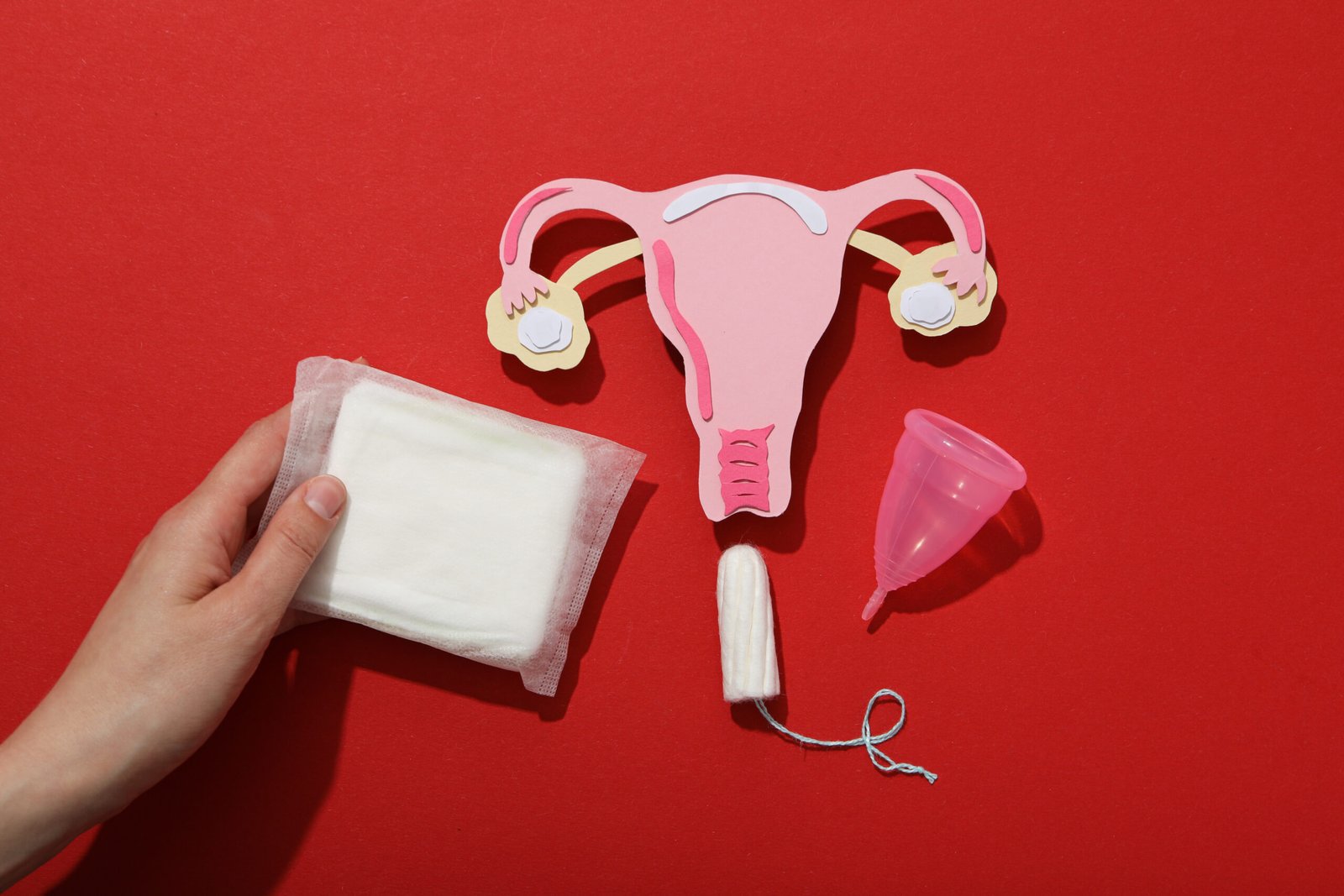Reproductive Health
Medically Reviewed By Physicians

Introduction:
Menstruation is a natural and normal part of life for many individuals, yet it can often be accompanied by discomfort, mood swings, and fatigue. As a supportive partner, it’s essential to understand the physical and emotional challenges your loved one may face during her period and offer compassionate support. In this comprehensive guide, we’ll explore practical ways to support your partner during her menstrual cycle, fostering empathy, communication, and mutual care.
Understanding Menstrual Challenges:
Before delving into supportive strategies, it’s crucial to understand the physical and emotional challenges your partner may experience during her period. Common symptoms include:
- Menstrual cramps: Many individuals experience abdominal pain and discomfort during menstruation, ranging from mild to severe.
- Fatigue: Hormonal changes and blood loss can lead to feelings of tiredness and lethargy.
- Mood swings: Fluctuations in hormone levels can contribute to mood swings, irritability, and emotional sensitivity.
- Bloating: Some individuals may experience bloating, water retention, and gastrointestinal discomfort.
- Headaches: Hormonal fluctuations can trigger headaches or migraines in some individuals.
- Breast tenderness: Hormonal changes may cause breast tenderness or swelling.
Supportive Strategies:
- Validate her feelings: Listen actively and validate her experiences without judgment. Offer empathy and understanding, acknowledging the validity of her emotions.
- Offer practical support: Help with household chores, run errands, or prepare meals to alleviate her workload and reduce stress.
- Provide comfort items: Offer heating pads, hot water bottles, or comfort foods to help alleviate menstrual cramps and provide comfort.
- Practice patience and compassion: Be patient and understanding, especially during moments of heightened emotional sensitivity or mood swings.
- Check-in regularly: Keep communication lines open and check in with your partner regularly to see how she’s feeling and if she needs anything.
- Educate yourself: Take the time to educate yourself about menstruation and menstrual health to better understand your partner’s experiences and needs.
- Advocate for self-care: Encourage your partner to prioritize self-care activities such as rest, relaxation, and gentle exercise.
- Be flexible: Understand that her energy levels and mood may fluctuate during her period, and be flexible with plans and expectations.
Tips for Supporting Your Partner:
- Plan ahead: Anticipate her needs and plan accordingly by stocking up on period essentials such as menstrual products, pain relievers, and comfort items.
- Offer gentle reminders: Remind your partner to stay hydrated, eat nutritious meals, and take breaks when needed to support her overall well-being.
- Create a soothing environment: Create a calm and relaxing environment at home by dimming lights, playing soothing music, or practicing mindfulness techniques together.
- Show appreciation: Express gratitude for your partner’s strength and resilience during her period, acknowledging the challenges she may be facing.
- Be present: Be emotionally present and attentive to your partner’s needs, offering your support and companionship throughout her menstrual cycle.
At a glance:
Supporting your partner during her period is an opportunity to demonstrate care, empathy, and understanding. By validating her experiences, offering practical support, and practicing patience and compassion, you can help alleviate discomfort and foster a stronger, more supportive relationship. Remember to communicate openly, educate yourself about menstrual health, and prioritize your partner’s well-being throughout her menstrual cycle.

